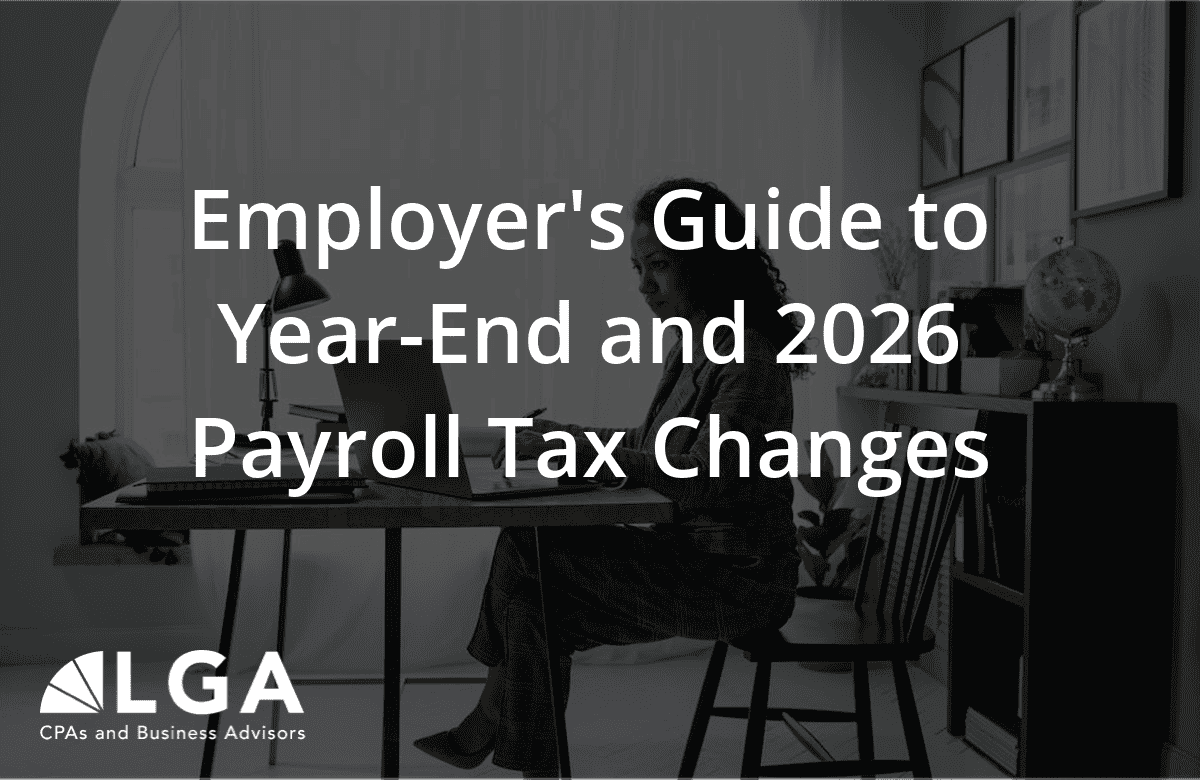
When you have the right strategy in place, expanding your business abroad can be a lucrative move. In the process, you open your business operations up to an entirely new cultural, political, and regulatory environment, as well as to the potential for double taxation. A myriad of factors can impact your tax-savings strategy, including the nature of your business, the income tax rate in the foreign location, and how U.S. owners will transfer funds. And all of these factors are affected by the type of entity you set up for foreign operations. That’s why U.S. owners need to understand which choice is best suited for their circumstances, a permanent branch or a subsidiary, before taking their business across a border.
Establishing A Permanent Branch
Legal Status – A permanent branch is a fixed site in a foreign country where you fully or partly carry out your business’s operations. It is not a separate legal entity, which means debts and fines incurred and legal claims or other liabilities brought against the foreign branch extend to the company here in the U.S., as well as its shareholders.
Set-up, Maintenance, & Closure – These establishments are generally less costly to set up, as they eliminate the need to negotiate ownership stake. They may be easier and less expensive to maintain as well. In many cases, overhead consists of payroll and rent expenses. In addition, permanent branches are generally simpler to close down. A permanent branch could, however, make it challenging to expand into new markets, as the branch’s activities are restricted to the activities of the parent organization.
Taxes & Transfer of Funds – Income from a foreign branch is subject to U.S. income tax. Under the 2017 Tax Cuts & Jobs Act (TCJA), foreign earnings of a branch owned by a US C Corporation may be eligible for a Foreign-Derived Intangible Income (FDII) deduction.
The U.S. has tax treaties in place with many foreign countries that prevent double taxation on the revenue earned by the permanent branch. If the branch is subject to taxation in the foreign country, those taxes are counted toward the parent company’s tax bill here in the U.S. The U.S. also offers a foreign tax credit (FTC) that generally applies to foreign wages, dividends, interest, and royalties.
However, treaties and credits are not all-inclusive as far as eliminating tax liability. Business owners must understand all tax compliance responsibilities under the foreign country’s tax law, including those for withholding and value-added tax (VAT) or goods and services tax/harmonized sales tax (GST/HST). And these may vary within the country as well. For example, in Canada, five provinces use HST, and the rate is not standard across all five participating provinces.
Setting Up a Subsidiary
Legal Status – A foreign subsidiary is a separate legal entity that operates solely in a foreign country. The parent corporation and its shareholders are not liable for the subsidiary’s debts, fines, legal settlements, and other liabilities.
Set-up, Maintenance, & Closure – Subsidiaries are more costly and require extensive set-up for local ownership and taxation purposes. Business owners must carefully assess local partner ownership stake requirements. In the UAE, for example, a local partner must have a 51% ownership stake. And, while certain foreign subsidiaries can take advantage of various free trade zones, the costs of business licenses, registrations, visas, and capital investment requirements can be high. There are more legal and financial negotiations involved in closing a subsidiary as well.
However, subsidiaries allow for more ease in conducting business, forming partnerships, and exploring new markets. Subsidiaries are not restricted to the activities of the parent organization, so they provide access to new markets and advanced technologies for some, and they lead to more cost-effective manufacturing and production for others. These entities can issue public stocks or bonds and issue or transfer shares to employees, partners, investors, or venture capitalists.
Taxes & Transfer of Funds – There are more complexities associated with subsidiaries since they operate solely in the foreign country. Even if a U.S. parent company wholly owns a foreign subsidiary, the profits are not subject to U.S taxation until the subsidiary distributes the dividend to the U.S. corporation. Dividends received from a controlled foreign corporation by a greater than 10% owner may qualify for a 100% deduction. However, there are US tax rules designed to prevent the avoidance of US tax, notably SubPart F and the Global Intangible Low-Taxed Income (GILTI) Tax, which may result in the income being tax even if not distributed to the parent company.
The tax burden in the foreign country depends on several factors, including the assessment basis determined according to the foreign tax law, the foreign tax rate, and the domestic parent company entity type. In the U.S., an entity defaults to C corporation status for income tax purposes if it is formed under federal or state corporate statutes. The entity is not eligible to elect another classification, such as a partnership or disregarded entity. Similarly, regulations also deem certain foreign entities as “per se” corporations, which can not make an entity classification election. Other foreign entities are eligible to elect to be treated either as a corporation, partnership, or disregarded entity. This may result in the entity being treated as a “hybrid” or “reverse hybrid” entity for tax purposes. In the “hybrid” case, the entity is treated as a disregarded entity or partnership for U.S. tax purposes and treated as a corporation under foreign tax law. A “reverse hybrid” is precisely the opposite. The difference in treatment between jurisdictions can result in additional reporting complications.
Making the Right Choice
It’s essential to weigh growth against the required investment for establishing either a permanent branch or a subsidiary. This analysis will need to be specific to the country where you plan to establish a presence and should be based on your business’s specific goals. You should perform an analysis of costs associated with securing office premises, employee residences, and bank accounts. You’ll also need to understand immigration rules, the foreign country’s visa, work permit, and foreign worker quotas, as well as compliance risks associated with payroll and taxation. Businesses that make the international move often face intensified scrutiny from the IRS.
At LGA, we understand that today’s international business landscape can be challenging to navigate. We can assist with international tax structuring, compliance, and reporting to help you find your way through the increasingly complex and demanding regulations.
LGA’s International Tax Services Team has the resources to address your business and individual tax needs. We can focus on everything from big-picture regulations to local culture, customs, and nuances. If you have international tax questions and concerns, contact Larry Andler or Steve Gallant today.
by Steven Gallant, CPA and Larry Andler, CPA







